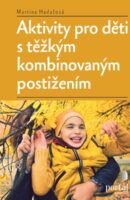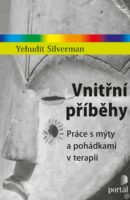Nair Costa
Medailon autora:
Nair Costa is Vice President and Project Coordinator at Magan Welfare Organisation, Gothenburg, Sweden. She has a Master’s degree in Social Work and Human Rights from Gothenburg University, Gothenburg, Sweden. She did Post-Graduate studies in Social Work and Family Policies in Europe at Instituto de Ciências do Trabalho e da Empresa, Lisbon, Portugal. She specialized in psychosocial strategies for (re)integration of people with increased level of vulnerability, at Instituto Superior de Linguas e Administração, Lisbon, Portugal. Her research interests include social work, human rights, migration, and social policies.
Abstrakt:
According to the United Nations Refugee Agency, nearly half of the thirty four million people registered as refugees are children. In 2011, 2657 separated and/or unaccompanied children arrived in Sweden, which was the highest number ever registered in the country. This research has been developed in order to understand and acknowledge the care provided to separated and/or unaccompanied children in Sweden using the perspectives and experiences of professionals working with this field, with a special focus in the Västra Götaland region.For this purpose a qualitative research strategy has been followed using the methods of documentary analysis and semi-structured interviews of 25 professionals. From the findings of this research an effort has been made to highlight: the impact of national and international instruments on the ‘best interest of the child’, implementation of the children’s rights and participation in decision-making; professional experiences and challenges within this field and the identification of the differences between care provided in foster and residential care. ‘Resettlement’, ‘integration’, ‘social inclusion’ and ‘reunification’ are important concepts, which have also been discussed during the interviews and have been analysed by professionals according to their own perspectives of ties of kinship, resettlement and social inclusion/exclusion.
Klíčová slova:
opuštěné děti a/nebo děti bez doprovodu, pěstounská péče, residenční péče, přesídlení, integrace, sociální inkluze, reunifikace
s. 15 – 26






